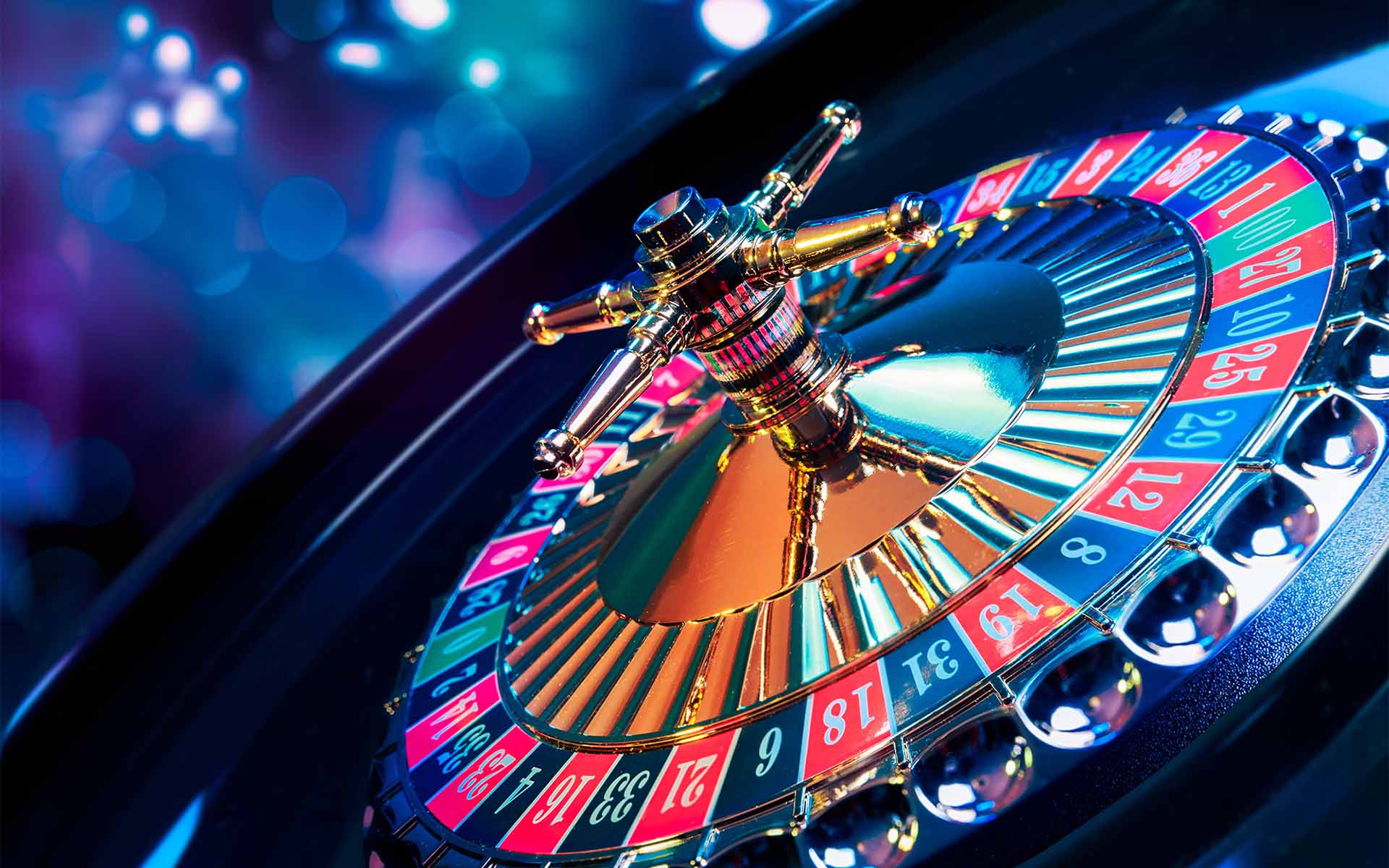
In the world of gambling, where chance and strategy intersect, a unique tapestry of beliefs manifests—one that braids luck, fate, and the enigmatic nature of casino games. Casinos, bustling with excitement and anticipation, are not just spaces for placing bets; they are also arenas where superstitions thrive. Ranging from the novice player to the seasoned gambler, these mysterious practices often shape how individuals approach the games they play, holding the belief that their actions can influence the outcome in ways that go beyond mere probability.
When players gather around roulette wheels, blackjack tables, and slot machines, the atmosphere is thick with stories of lucky charms, rituals, and codified behavior that defy logic yet provide a sense of comfort. Whether it’s wearing a specific outfit, following a particular sequence of bets, or even avoiding certain numbers, the attachment to various superstitions reflects a deep-rooted desire to master the uncontrollable. This article delves into the captivating world of casino game superstitions, exploring the beliefs that both entertain and mystify those who dare to play.
Cultural Beginnings of Superstitions
Gambling activities have long been connected with an variety of superstitions that trace to ancient cultures. The roots of these beliefs can be linked to humanity’s innate need to control the random outcomes associated with chance and randomness. In early civilizations, games of chance were often linked to religious practices. Players would seek aid or request favor from spirits, believing that their actions could affect the odds in their favor. This basis laid the groundwork for the myriad of superstitions that developed as betting evolved over time.
During the Middle Ages, betting became a popular activity across European nations, and with it, a colorful tapestry of superstitions emerged. Participants adopted numerous rituals and charms, believing they could affect the outcome of games. The significance of numbers, in particular, started to appear in superstitions pertaining to card games and dice. The number seven was often considered auspicious, while different numbers carried bad connotations. These beliefs mirrored the societal contexts of the time, evolving as they moved through generations and adapted to new gaming environments.
As casinos emerged in the seventeenth century, particularly in the Italian peninsula and the French nation, the atmosphere surrounding gambling became steeped in mystique. The growing availability of casino games allowed for the dissemination and variation of superstitions among players. f8bet com Concepts like charmed charms, specific seating locations, and rituals gained importance, creating a special culture within casinos. As these practices continued to thrive, they became integral to the identity of gambling games, illustrating how historical developments and society shape the convictions that influence how players engage with chance.
Widespread Casino Myths
Beliefs surrounding gambling games are abundant and diverse, mirroring the hopes and fears of players as they participate in chance-based games. One of the most prevalent views is that certain numbers bring fortune or bad luck. For example, the digit seven is often seen as a favorable digit, frequently embraced by players looking for a positive outcome. Conversely, the digit 13 is routinely considered cursed, leading many gamblers to steer clear of it during their gaming periods.
A common belief relates to practices that gamblers believe can influence their odds. It could be blowing on dice before a throw, using a specific hand to place a wager, or even wearing specific items of clothing, many individuals feel that these actions can tilt fate in their favor. These rituals offer a sense of control in an otherwise random environment, reinforcing the idea that fortune can be manufactured through individual convictions and customs.
Lastly, the environment and atmosphere of the casino itself contributes to myths. Many players suggest that the presence of certain symbols, such as four-leaved clovers or lucky tokens, can enhance their odds of success. Additionally, gamblers might hold to the notion that victory streaks can be halted by mundane occurrences, such as a person walking past or a spill at the table. The shared environment in a gambling house can amplify these superstitions, creating a shared culture of myths that goes beyond individual experiences.
Impact of Superstitions on Players
Superstitions play a significant role in the mindset of casino players, often affecting their behavior and choices. A lot of gamblers believe that luck can be manipulated through various rituals, such as wearing a lucky charm, selecting specific colors, or avoiding certain numbers. This reliance on superstitions can create a feeling of authority in an environment that is inherently unpredictable. Players frequently feel more confident and engaged when they think that their actions could sway the result of a game in their advantage.
The impact of these superstitions extends past individual players, affecting the general atmosphere within the casino. For instance, a player who believes in the luck of a particular slot machine might attract a gathering, as others are fascinated by their apparent success. This collective belief can amplify excitement and create a dynamic environment, leading to an engaging experience even for those who may not necessarily be believers themselves. The buzz around specific games can lead to higher participation and longer playing sessions, supporting the casino’s vibrant social scene.
In some instances, superstitions can lead to detrimental effects for players. Relying too much on rituals can result in poor gambling decisions, as some may ignore basic strategies in favor of unfounded beliefs. Additionally, the pressure to perform rituals may increase anxiety and tension, diminishing from the pleasure of the experience. Ultimately, while superstitions can enhance the thrill of playing casino games, they can also lead to foolish choices that overshadow the enjoyment and amusement intended in the casino experience.
